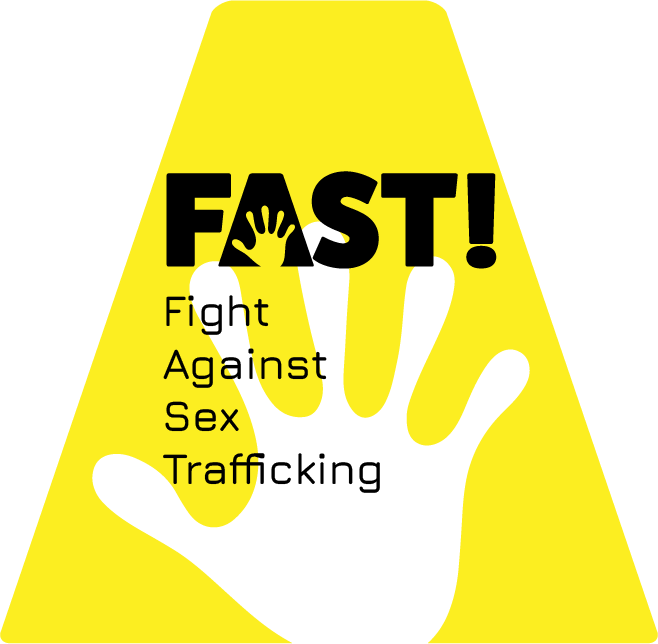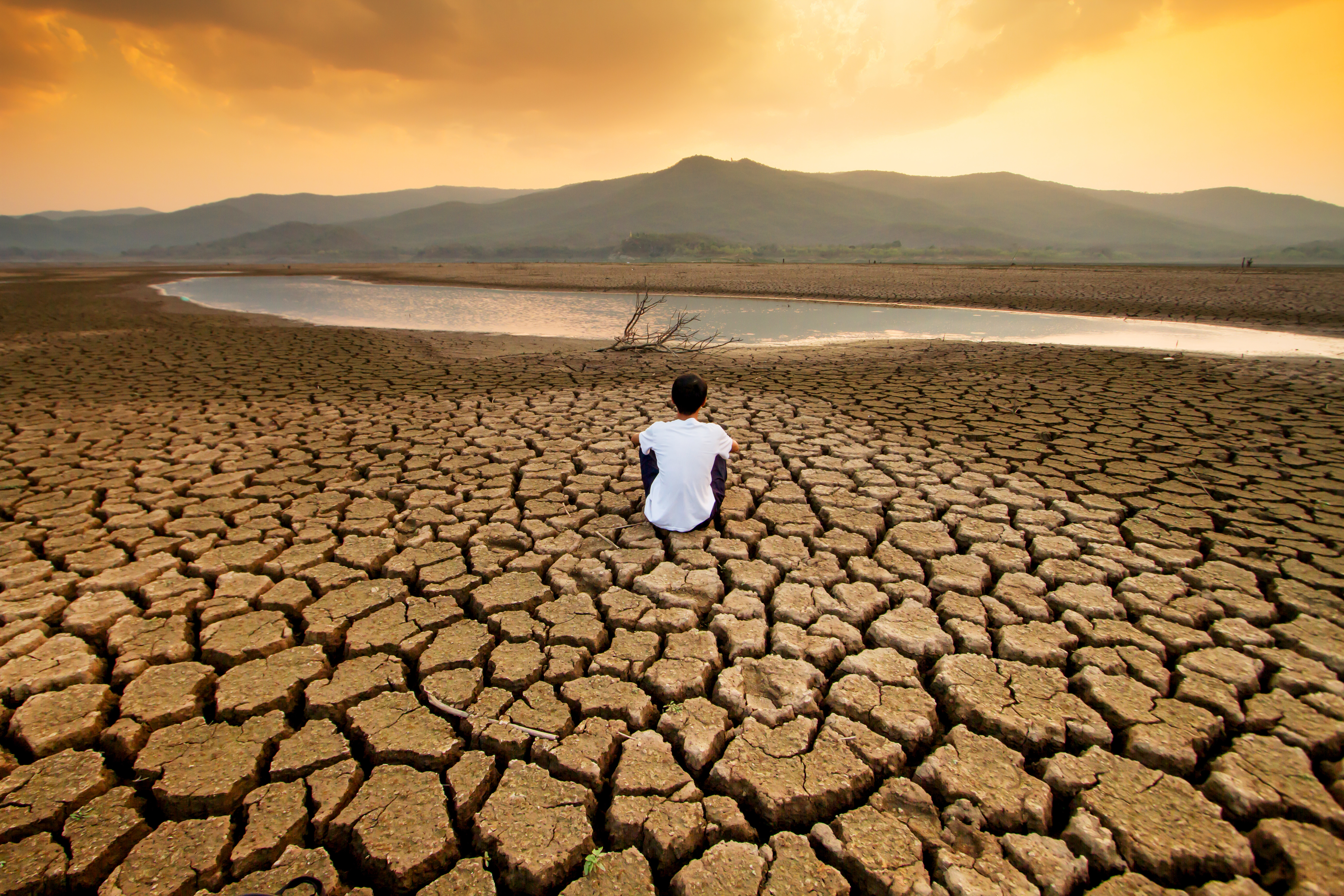Climate Change, Human Mobility, and the Africa Climate Summit. The world grapples with the far-reaching impacts of climate change. As such, the link between environmental shifts and human mobility has become undeniable. The International Organization for Migration (IOM) is taking the lead in urging concrete steps to address the urgent issue of climate-induced migration. Particularly in developing countries. The impending Africa Climate Summit in Nairobi is scheduled for September 4-6. It presents a crucial platform to discuss these issues and implement solutions.
This article explores the interplay of climate change, poverty, human trafficking, and migration, with a focus on vulnerable populations. Including women from countries like Nigeria, Ethiopia, and others who fall prey to sex trafficking and exploitation, notably in the United Arab Emirates (UAE).
Climate Change and Human Mobility
The African continent is no stranger to the devastating impacts of climate change. Increasingly frequent droughts, floods, desertification, and rising sea levels are causing displacement. They are rendering livelihoods unsustainable and pushing communities to seek refuge elsewhere. Climate change is a powerful driver of human mobility. It is forcing people to leave their homes in search of safety, economic stability, and a better life.
Poverty exacerbates the vulnerability of populations impacted by climate change. In many developing countries, poverty compels individuals to migrate in search of alternative sources of income and more stable living conditions. This desire for a better life makes them susceptible to exploitation by unscrupulous actors.
Exploitative Recruitment and Human Trafficking
One of the gravest consequences of climate-induced migration in developing countries is the proliferation of exploitative recruitment practices. Vulnerable individuals seeking opportunities abroad often fall victim to scams. They promise employment, but lead to exploitative working conditions, resembling modern-day slavery. These deceptive recruitment practices are facilitated by human trafficking networks that thrive on the desperation of the impoverished.
Amidst this climate-induced migration, women from countries like Nigeria, Ethiopia, and others face a particularly grim fate. Many fall victim to sex trafficking and prostitution networks that operate with impunity in destination countries like the UAE. These women are often lured by promises of legitimate employment but are subsequently forced into sexual exploitation and prostitution, enduring unimaginable suffering.
The Urgency of Action
The Africa Climate Summit in Nairobi presents a unique opportunity for the international community to address the intertwined issues of climate change, poverty, migration, and human trafficking.
The Africa Climate Summit in Nairobi offers a critical platform to address these issues comprehensively. It is our moral duty to protect the most vulnerable among us and to ensure that climate-induced migration does not become synonymous with exploitation and suffering. Only through concerted efforts can we mitigate the devastating consequences of climate change while upholding the dignity and rights of all individuals, regardless of their place of origin.



